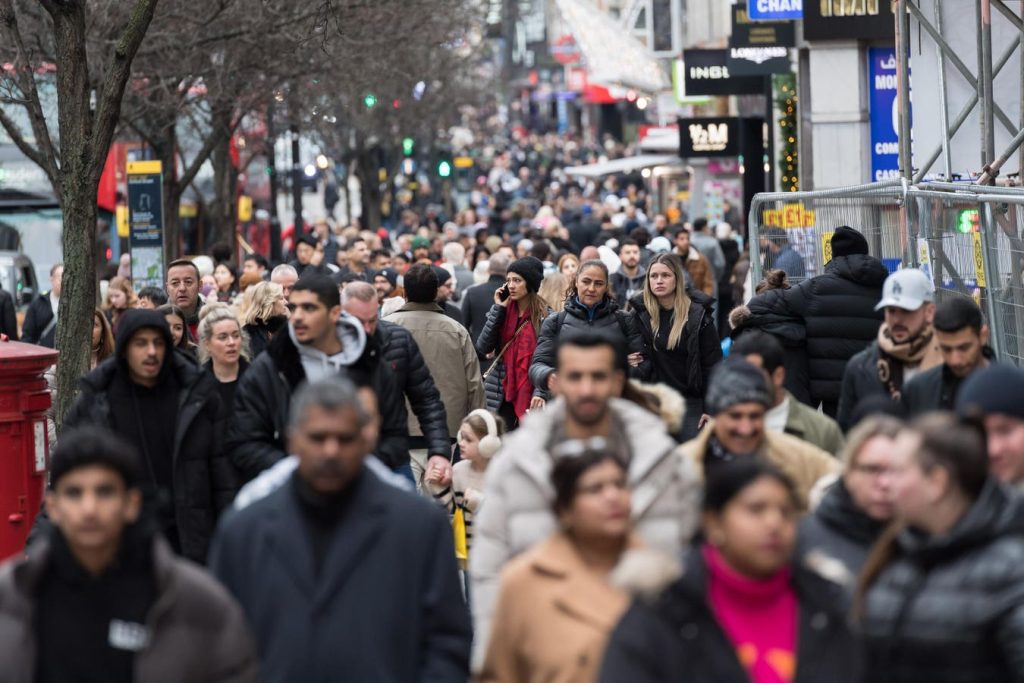The UK retail sector is bracing for a period of significant upheaval, driven by a confluence of rising costs, primarily attributed to increased taxes and employment expenses. A survey conducted by the British Retail Consortium (BRC) paints a stark picture of the challenges facing the industry, with a majority of chief financial officers (CFOs) indicating their intention to pass on these escalating costs to consumers through price increases. This strategy, while potentially mitigating the financial strain on retailers, risks exacerbating the ongoing cost-of-living crisis for consumers, further dampening consumer spending and potentially hindering economic growth.
The BRC survey reveals that the increase in the National Insurance (NI) payroll tax is a major concern for retailers. With two-thirds of CFOs planning to raise prices in response to the NI hike, the impact on consumers is likely to be substantial. This increase in the cost of goods and services will further squeeze household budgets, already strained by inflation and rising energy costs. The government’s rationale for the tax increase, aimed at funding public services and reducing the deficit, is being challenged by businesses who argue that it is counterproductive, stifling growth and placing undue pressure on the retail sector, a significant contributor to the UK economy.
Beyond price increases, retailers are also considering a range of cost-cutting measures, including reductions in staffing and working hours. Over half of the surveyed CFOs plan to reduce head office staff, while a significant proportion also anticipate cuts to in-store personnel and paid working hours, including overtime. These measures reflect the difficult choices retailers are facing as they attempt to navigate the current economic climate. The potential impact on employment is a significant concern, particularly within the retail sector, which is a major employer, especially of part-time and seasonal workers. Job losses and reduced working hours will further exacerbate the financial pressures on households and could contribute to a broader economic downturn.
The political fallout from the budget and the resulting retail sector backlash is intensifying. Opposition parties are criticizing the government’s fiscal policies, arguing that the tax increases are damaging the economy and harming businesses. The Liberal Democrats, for instance, have labeled the NI rise as “self-defeating,” emphasizing its negative impact on growth and the added burden it places on small businesses and high streets. This criticism echoes the concerns voiced by the BRC and underscores the growing discontent with the government’s handling of the economic challenges facing the country.
The BRC’s CEO, Helen Dickinson, has highlighted the disproportionate impact of the NI threshold changes on retailers and their supply chains, which collectively employ millions of people across the UK. The retail sector, being labor-intensive, is particularly vulnerable to increases in employment costs. The cumulative effect of the NI increase, the rise in the minimum wage, and the new packaging levy is projected to add over £7 billion to the retail industry’s costs this year. This significant financial burden is forcing retailers to make difficult decisions about investment, employment, and pricing, with potentially far-reaching consequences for the sector and the wider economy.
The prevailing sentiment within the retail industry is one of pessimism. The BRC survey found that a significant majority of retailers are pessimistic or very pessimistic about trading prospects over the next year. This pessimism reflects the challenging economic conditions, the rising cost pressures, and the uncertainty surrounding the government’s economic policies. The retail sector’s concerns, as articulated by the BRC and echoed by opposition parties, underscore the need for a comprehensive and sustainable economic strategy that supports businesses, protects jobs, and addresses the underlying challenges facing the UK economy. The government’s response to these concerns will be crucial in determining the future trajectory of the retail sector and its contribution to the overall economic landscape.

